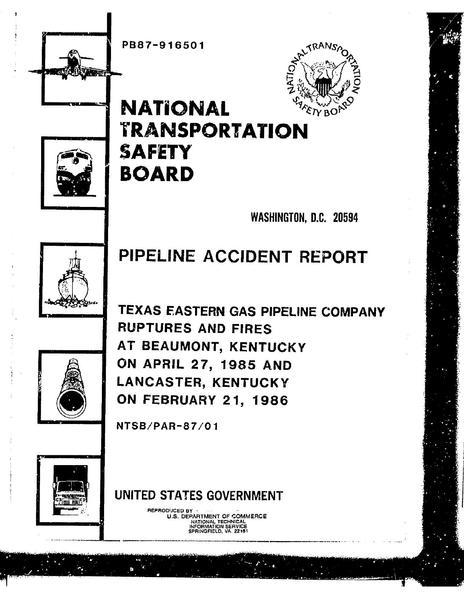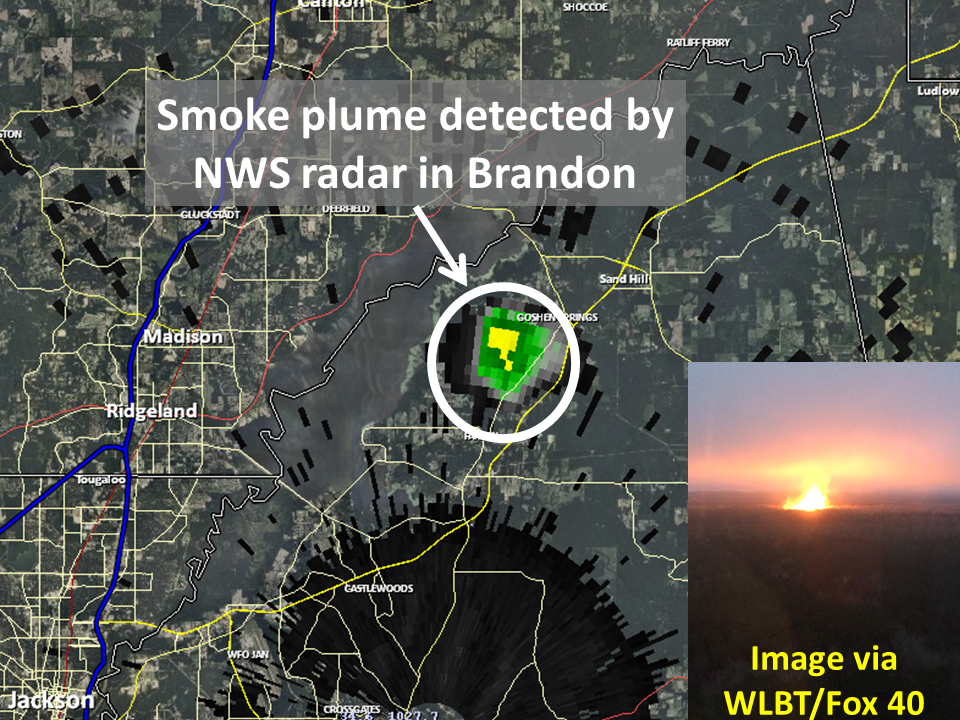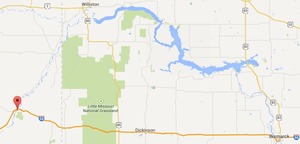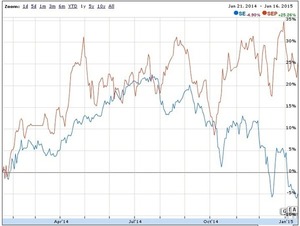Why should we accept any risk from a pipeline company
that has repeatedly claimed not to be familiar with
 the public record of its long list of corrosion, leaks, and explosions?
A pipeline company that has claimed land values wouldn’t be affected?
That it’s “hard to believe” its own law firm sent threats of eminent domain
to landowners, despite copies of those letters being sent to newspapers and FERC?
That Georgia counties need its gas, after those same counties
had already passed
resolutions wanting Sabal Trail’s pipeline out of their county and state?
A pipeline company that claims the Sunshine State needs its gas
when its own figures show half the acreage could produce just as much
solar power?
Why should anybody in Albama, Georgia, or Florida accept any risk from
that company from Houston, Texas?
the public record of its long list of corrosion, leaks, and explosions?
A pipeline company that has claimed land values wouldn’t be affected?
That it’s “hard to believe” its own law firm sent threats of eminent domain
to landowners, despite copies of those letters being sent to newspapers and FERC?
That Georgia counties need its gas, after those same counties
had already passed
resolutions wanting Sabal Trail’s pipeline out of their county and state?
A pipeline company that claims the Sunshine State needs its gas
when its own figures show half the acreage could produce just as much
solar power?
Why should anybody in Albama, Georgia, or Florida accept any risk from
that company from Houston, Texas?
Sabal Trail claimed theirs is a safe company and leaks and explosions seldom happen, until confronted on-camera with a list of incidents. Continue reading Would you buy a used car from Sabal Trail?










